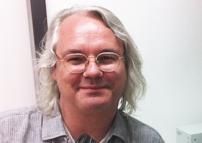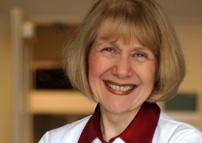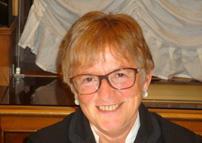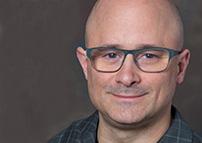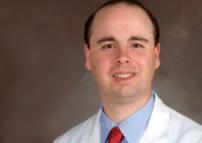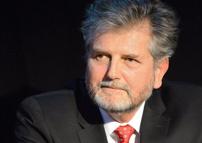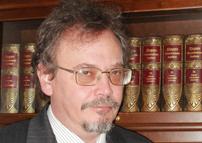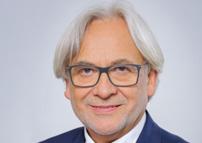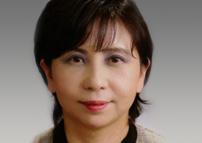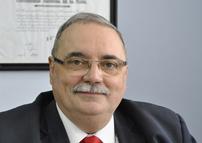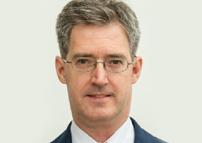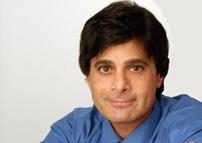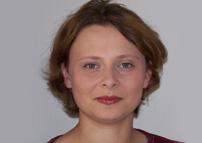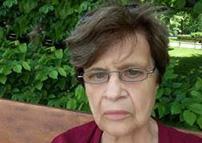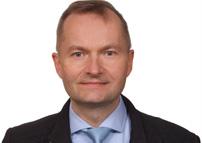Provisional title: Generation of new interneurons by direct lineage reprogramming in the brain
Dr Benedikt Berninger is currently full professor of Physiological Chemistry at the University Medical Center of the University Mainz. Benedikt received his doctoral degree in 1996 at the Ludwig Maximilians University Munich for work on activity-dependent regulation of neurotrophin gene expression. He then joined the lab of Professor Mu-ming Poo as a postdoctoral fellow at the University of California San Diego to study fast actions of neurotrophins on synapses and growth cones. After a brief stay at the Karolinska Institute (Stockholm, Sweden), Benedikt returned to Munich and eventually obtained a position as senior lecturer at the Ludwig Maximilians University Munich. In 2012 he received a call to the Johannes Gutenberg University of Mainz. The work of his laboratory focuses on lineage progression of adult neural stem cells, the functional integration of adult-generated neurons into pre-existing circuits, and on direct conversion of brain-resident cells into induced neurons.



